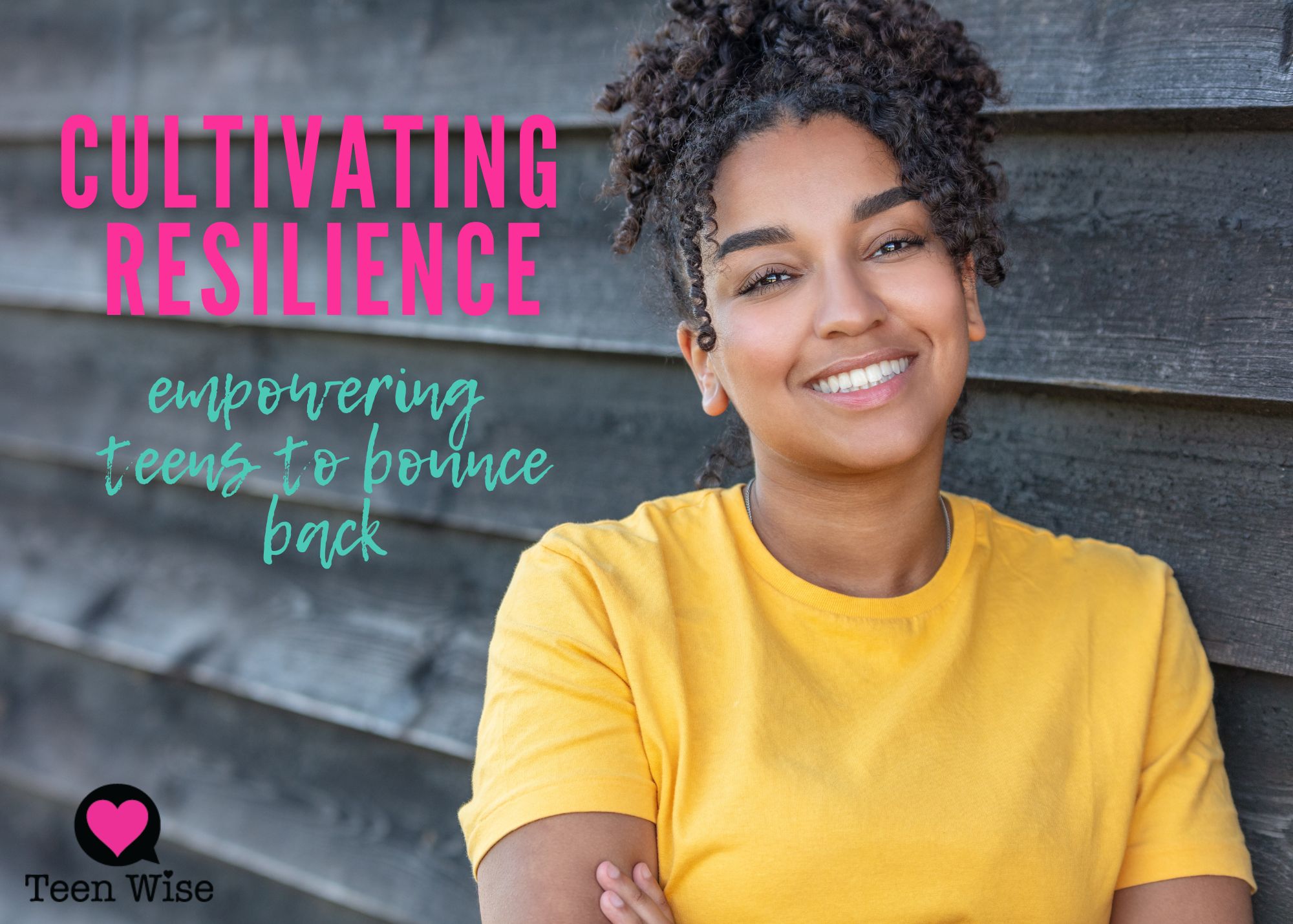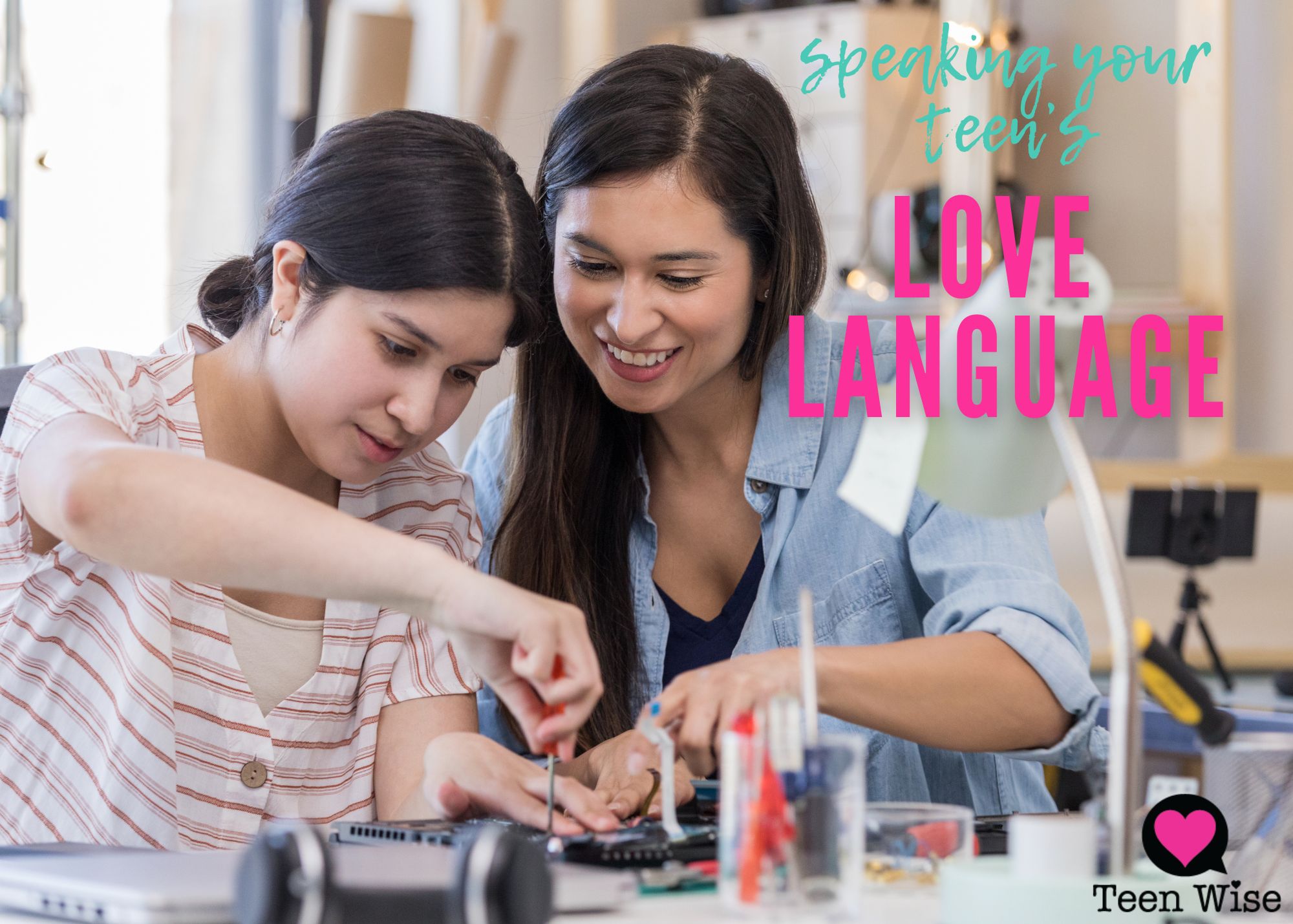Conversation is the bridge to connection, but for many teens, it can feel like an intimidating tightrope. Strong conversation skills are crucial for building relationships, yet they don’t come naturally to everyone. From introducing themselves to someone new, to joining a group discussion, to navigating their own self-doubt, teens often face unique challenges that can hold them back.
Why Conversation Skills Matter
Effective communication is foundational for social success. Whether it’s making friends, working on group projects, or participating in extracurricular activities, the ability to hold a conversation opens doors for teens. Beyond social benefits, these skills contribute to emotional well-being by fostering a sense of belonging and reducing feelings of isolation.
When teens can communicate effectively, they gain:
- Confidence: Knowing what to say and how to say it helps reduce anxiety in social situations.
- Connection: Building relationships becomes easier and more fulfilling.
- Resilience: Mistakes in conversations become opportunities to learn rather than sources of embarrassment.
Common Struggles Teens Face
Many teens struggle with conversational challenges that can leave them feeling stuck or unsure of themselves. Here are a few common areas where they often encounter difficulty:
1. Talking to Someone New
Meeting someone for the first time can be daunting. Teens often worry about making a good impression or fear they won’t know what to say. This anxiety can lead to avoidance, which only reinforces the fear over time. For many, even the thought of introducing themselves feels overwhelming, creating a barrier to forming new connections.
2. Joining a Group Conversation
Group dynamics can be tricky. Teens may hesitate to jump into a conversation out of fear of interrupting, saying the wrong thing, or not being welcomed. They might feel like outsiders, even if the group is open to including them. This sense of uncertainty can keep them on the sidelines, leaving them feeling excluded and disconnected.
3. Knowing What to Say or Ask
Starting and sustaining a conversation can feel overwhelming when teens don’t know where to begin. They might struggle to think of topics, ask questions, or share about themselves in a way that feels natural and engaging. This hesitation can make even casual interactions feel like high-pressure situations.
4. Fear of Messing Up
Perfectionism can be a significant barrier. Some teens are so worried about saying something embarrassing or being judged that they stay silent altogether. This fear of making mistakes often prevents them from taking risks or engaging with others, perpetuating feelings of isolation and self-doubt.
The Impact of These Struggles
These challenges can make social situations feel like minefields for teens. When they struggle to communicate, it can lead to feelings of inadequacy, loneliness, and frustration. They may avoid social interactions altogether, missing out on opportunities to connect and grow. Over time, this can erode their confidence and make it even harder for them to step out of their comfort zones.
Even when a teen is part of a group of friends, if they are too quiet and rarely talk, they become less “relevant”. Sadly, these are the teens that are the last to be invited to do stuff or even forgotten when the group gets together. It isn’t that people don’t like them. It’s that their friends don’t feel very connected to them.
Understanding these struggles is the first step toward helping teens navigate the complexities of conversation. By acknowledging the difficulties they face, we can create a more empathetic environment that encourages them to keep trying, even when it feels hard. If your teen needs more support in the art of conversation and connecting with peers, private coaching is a great place to work on these skills. Book a free parent consult today to find out more: https://be.teen-wise.com/coaching
With Heart,
Coach Sheri







